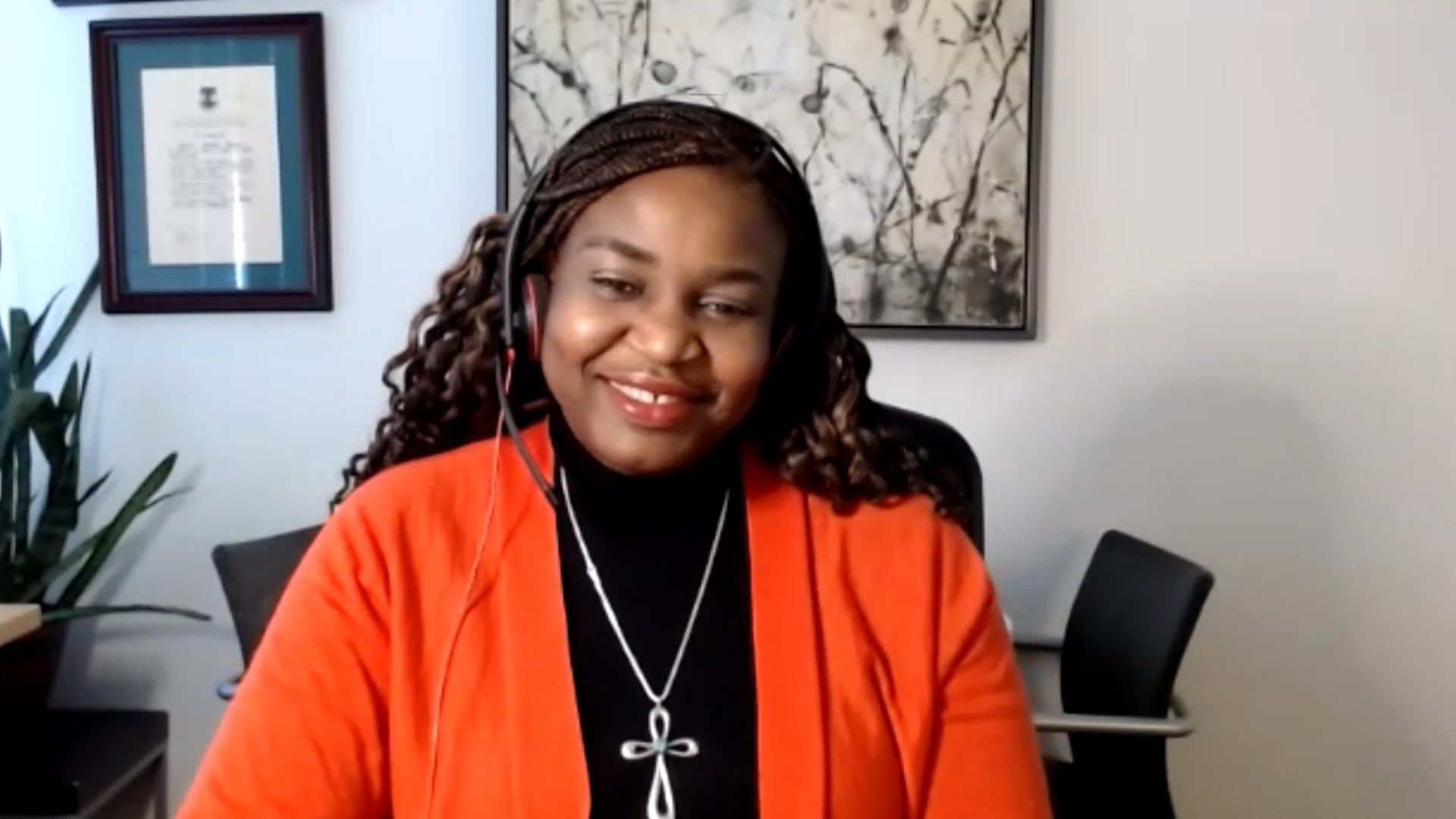Disparity in healthcare based on race and socioeconomic status has improved over time, but there is still significant progress to be made. According to the Century Foundation, African Americans still experience illness at high rates and have lower life expectancy than other racial and ethnic groups.
“We talk about how most of us health systems pride ourselves in delivering high quality care,” said Dr. Nwando Anyaoku, Swedish’s first chief health equity officer. “We’ve known for a long time that different groups, particularly Black populations, do not experience healthcare systems or healthcare efforts in the same way.”
Black Americans have higher rates of maternal morbidity and mortality and poorer outcomes in childbirth than Caucasians. Social determinants of health, including nutrition, education, and transportation play a large role in that.
“It turns out that there are a lot of factors that impact the way we receive and experience care, a lot of those that happen well before you ever arrive at a healthcare system,” Dr. Anyaoku said.
This was highlighted in Black communities by the COVID-19 pandemic. Many Black Americans were frontline workers who were not able to take time off work, and they often live in multi-generational households where there is greater risk of transmission. Poorer control of conditions like hypertension and diabetes was also a factor.
“It then became a perfect storm where all of these things combine to make it more difficult for them to experience and receive good care,” Dr. Anyaoku said.
Black children are four to six times more likely to die from asthma than white children. If parents aren’t able to take time off work and can’t get them to appointments, that has an impact on a child’s health. Trust in healthcare is also an issue.
“If the families or community don’t trust the healthcare system, haven’t experienced it as being compassionate and fair to them, they might push off receiving healthcare until it’s too late,” Dr. Anyaoku said.
Truly understanding barriers and addressing them can lead to better healthcare. Building partnerships in the community with Black churches or trusted organizations to provide education and resources is key to closing gaps in healthcare.
“Building trust and building connectivity is what is really critical to serve the Black population and make sure they get the outcomes that we intend as a healthcare system,” Dr. Anyaoku said.
To learn more about Dr. Nwando Anyaoku and her work on healthcare equity, visit the Swedish website.
Sponsored by Premera. Segment Producer Suzie Wiley. Watch New Day Northwest 11 AM weekdays on KING 5 and streaming live on KING5.com. Contact New Day.

